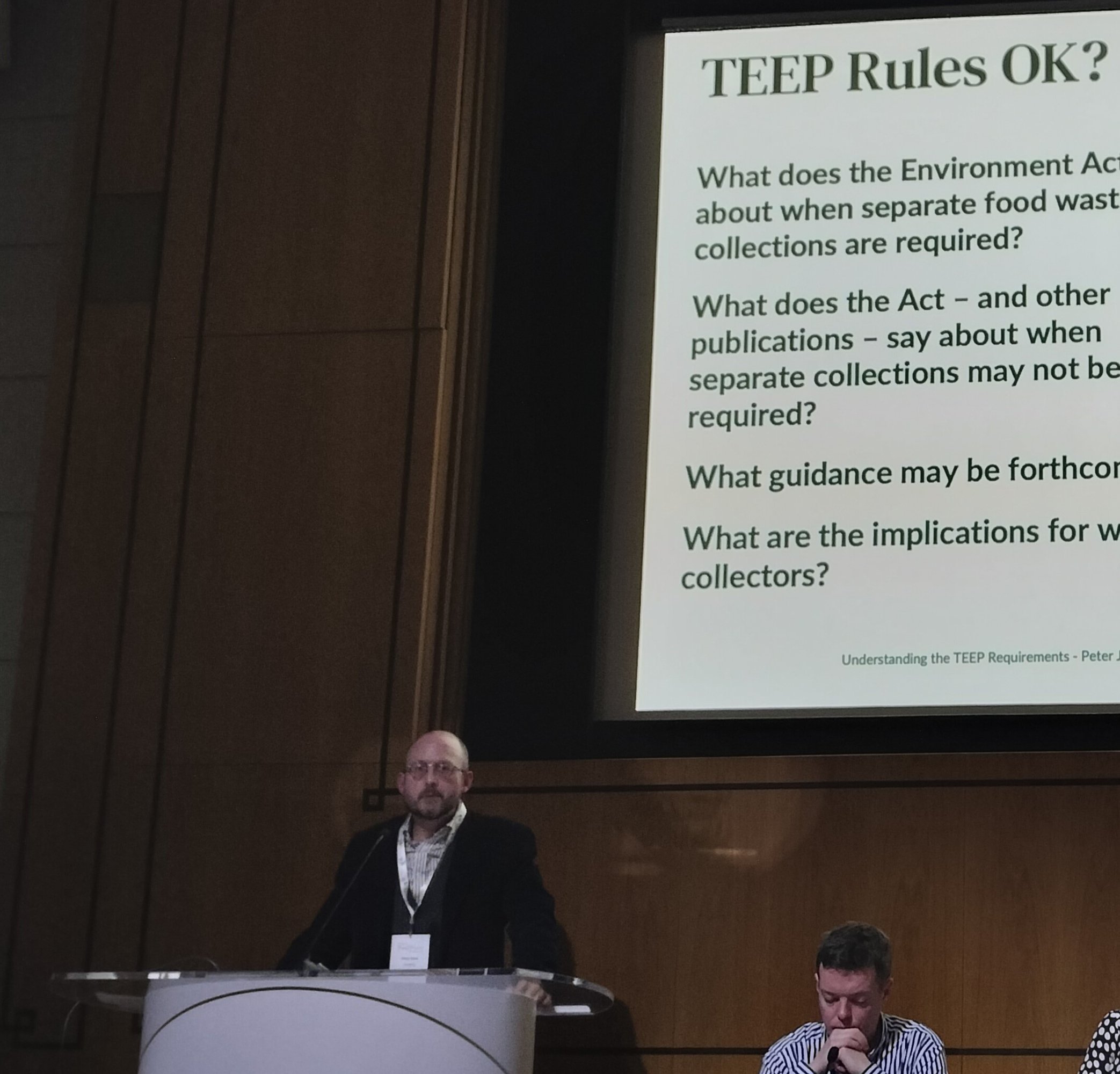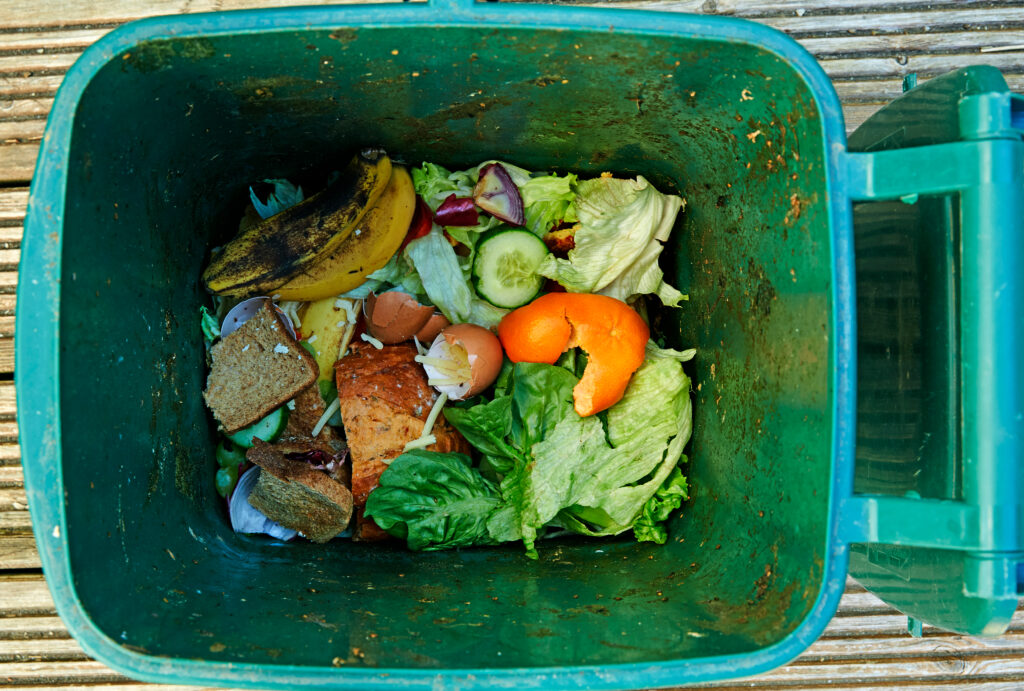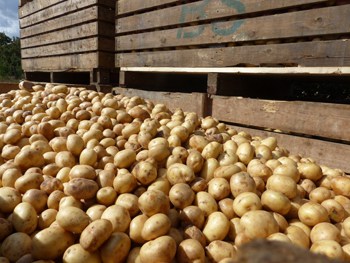Eunomia’s principal consultant, Peter Jones, said this when outlining how TEEP – technically, environmentally and economically practicable – regulations apply to food waste collections at letsrecycle.com’s National Food Waste Conference last week (9 March).
Separate food waste collections are mandated under the Environment Act, which sets out that recyclable household waste must be collected separately from non-recyclable, with each stream collected separately from each other. This is due to be implemented in 2024/25, with exact timelines unclear.
However, while the Act does say “except when it’s not technically or economically practicable or when doing so would have no significant environmental benefits”, Mr Jones said TEEP regulations as they stand “will not matter”.
Practical

Mr Jones outlined that the consistency consultation sets out that if the separate collection of food waste isn’t practical, food waste can be collected mixed with garden waste, but must be collected weekly.
Mr Jones continued that if a council is facing challenges running a cost-effective separate food waste system, “that’s unlikely to get an awful lot better running a weekly mixed food and garden waste service”.
He added that most councils who run a commingled food and garden waste service are going to do it fortnightly “because that’s the frequency at which it makes sense”. However, it seems that under this arrangement, councils will have to run a garden waste service all throughout winter as well, making it more expensive.
“Some of the properties that might be a worry for a local authority, such as flatted and communal properties, are not going to be big producers of garden waste anyway,” Mr Jones pointed out. Collecting some mixed food and garden waste and some separate might be viable if not be ideal but it’s not completely clear that the TEEP rules are intended to allow that to happen.”
Mr Jones said that he hopes this will be further clarified once guidance is published later this year.
Guidance
Mr Jones noted that when TEEP regulations were introduced in 2015, “the government in England chose not to issue any guidance”. Government guidance on what TEEP means for consistency is however now due to be published.
He said: “This probably will not cover all the biggest challenges that cropped up in the different TEEP tests, but it will be interesting to see whether the guidance covers a bit more ground than those basic offers we have.”
Enforcement
Probably the biggest question for local authorities is how this is going to be enforced, Mr Jones went on to say.
The consultation mentions a £20 million fund for policy costs, which includes “awareness raising and enforcement”.
Eunomia’s consultant explained that this works out at around £2 million a year spread out to 2035, with part of that money due used on local authorities’ written TEEP assessments.









Subscribe for free